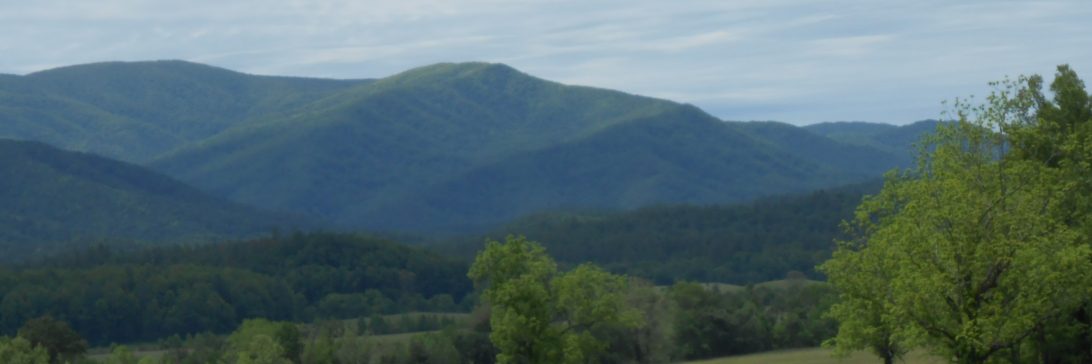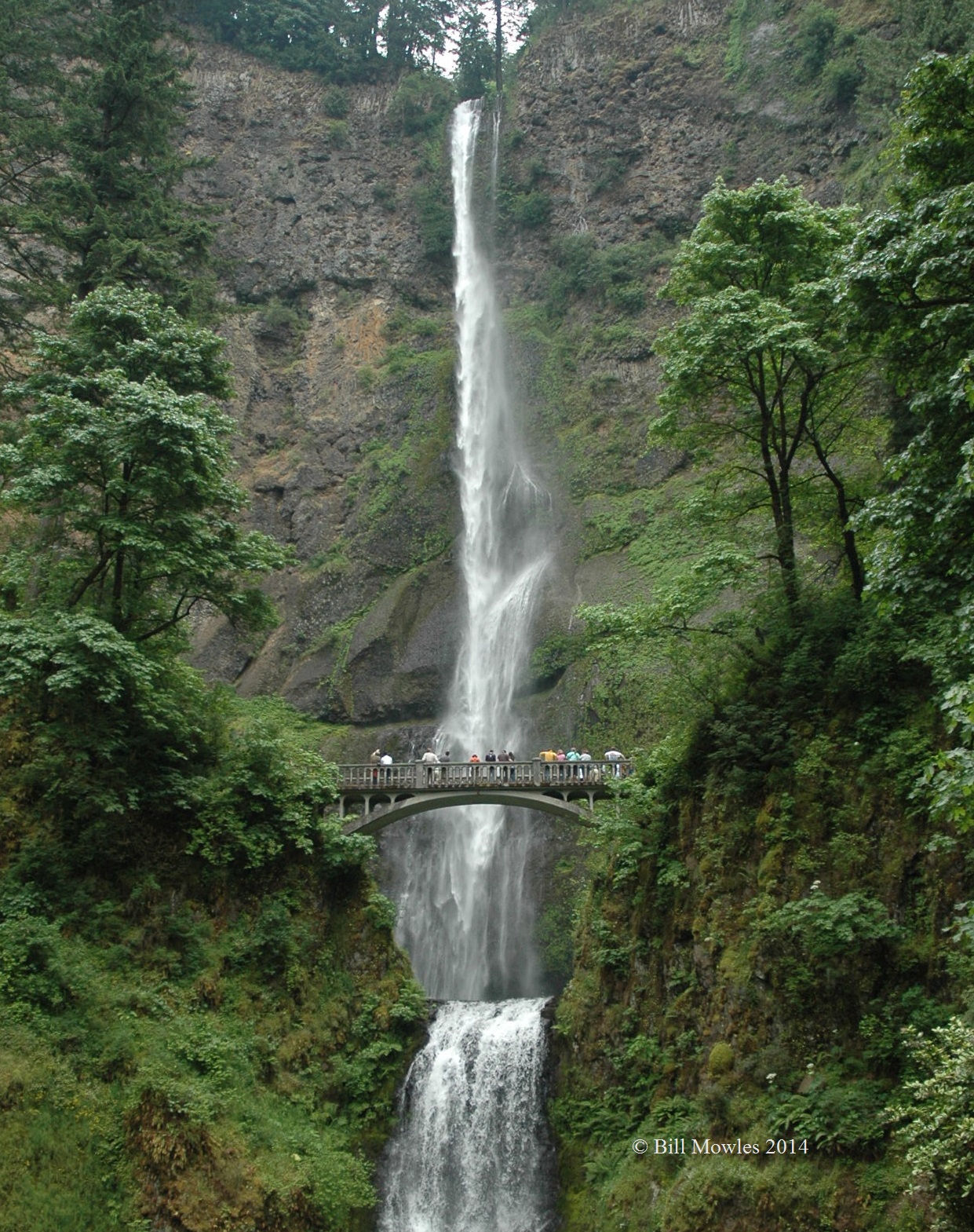Bridges have always been a source of facination for me. I love to drive across them and I love to look at them. Some are known world wide, such as the Golden Gate Bridge in San Francisco.

Other bridges are not quite so well known. Take for example some of these bridges that are beautiful and which take their job seriously. This bridge is along the coastline of Oregon.

This bridge is the Perrine Bridge in Jerome, Idaho, and it is beautiful as it spans the canyon created millenia ago.

This is just one of the bridges over the Mississippi River.

Then there are the much smaller bridges that you come upon in the woods when you are walking the trail. Here are a couple of samples that you might find on the next trail you walk.
This is a swinging bridge in Manitoba, Canada. I don’t know if I would go down that bridge … I might find a boat to carry me to the other side of the stream.

Then we have the wooden plank bridge that goes between the two sides of the cavern below.

And last, but certainly not least, we have the bridge over the Royal Gorge in Colorado.

All these bridges have something in common. Not their construction materials or their location, not their popularity or their scare factor when looking down. No, all these bridges have this common factor – they enable people to move from one side of the canyon/river/stream/whatever the hindrance may be, to the other side.
That is precisely what a bridge does. We use the bridge to get where we could not otherwise go. That is its job. That is its purpose.
We have need of a bridge in our personal, spiritual life too. In the Bible, Isaiah says this about our condition before God:
Behold, the LORD’s hand is not shortened, that it cannot save, or his ear dull, that it cannot hear; but your iniquities have made a separation between you and your God, and your sins have hidden his face from you so that he does not hear.
Isaiah 59:1-2
IAdam and Eve sinned in the Garden of Eden, and that set the tone for the rest of us. We are all sinners and we cannot come to God on our own because God will not look at us in our sinful state. This is what Isaiah said … our sins have hidden God’s face from us so that He will not hear us. We are separated from God by our sin.
Indeed, the Puritan theologian Jonathan Edwards made this observation: “The smallest sin is an act of Cosmic Treason against a Holy God.” Edwards also said: “You contribute nothing to your salvation except the sin that made it necessary.”
How do we span the chasm that exists between us and God? God did not forget our helpless estate. Indeed, Jonathan Edwards noted: “The door of God’s mercy is thrown wide open, and Christ stands in the door and says to sinners ‘Come.’”
On our own, we cannot span that chasm. Rather, Jesus Christ is the intercessor between us and God; He spanned the chasm when He was on the cross, dying for our sin. He led the perfect life that we cannot live, and He died the horrific death that we deserve. He is the One who made it possible for us to cross the gulf between us and God.
Beloved, bridges are fun to drive across and to look at, to marvel at how they are constructed and to be thankful that they transport us to the other side of the river/stream/whatever. But, the most important bridge that you can fathom is the intercessory work of Jesus Christ on your behalf.
Trust Him. Look to Him in all circumstances. Praise His holy Name. Thank Him for your salvation and for the gift of eternal life.
Lord Jesus, we praise Your Name for the blessings that You so grant to us. The freedom from sin, forgiveness when we do err, the gift of eternal life, the gift of the Holy Spirit Who guides and leads us moment by moment each day, and so many more blessings that are beyond counting. We thank You and we praise Your Name.































